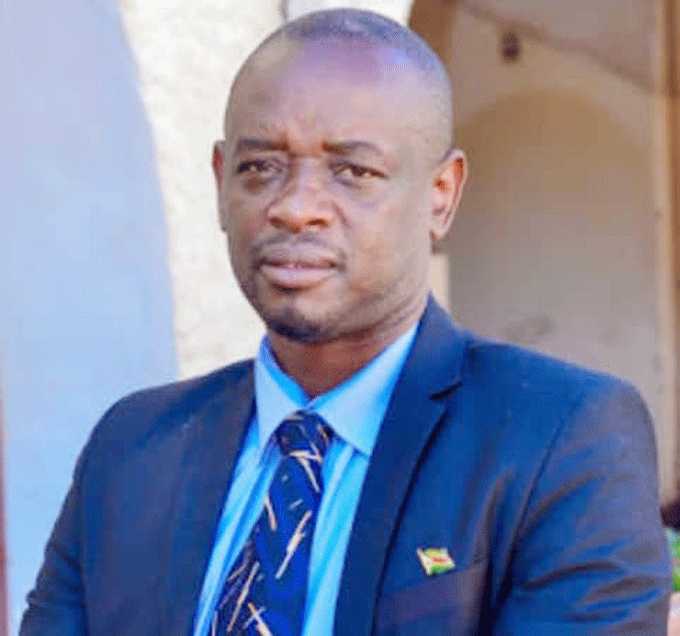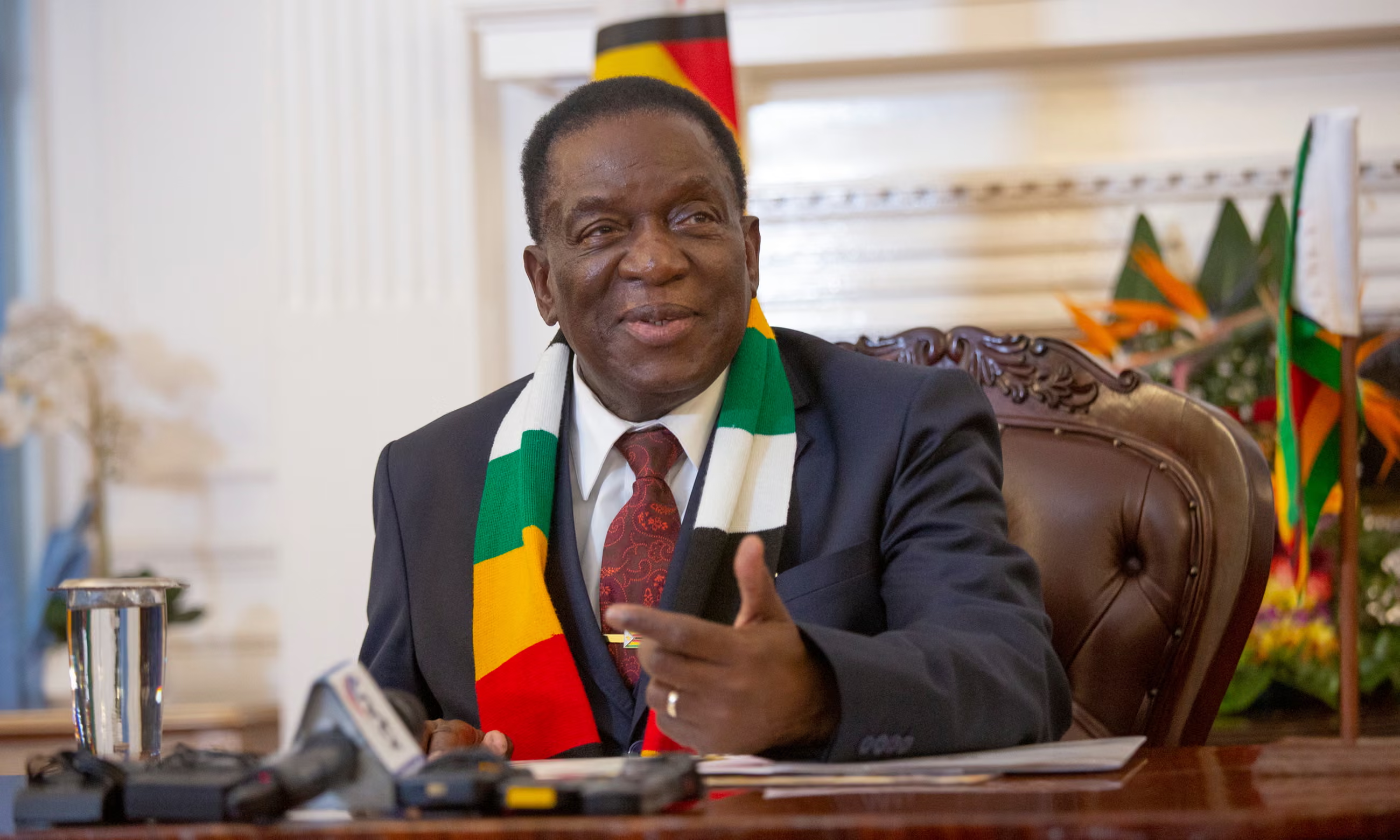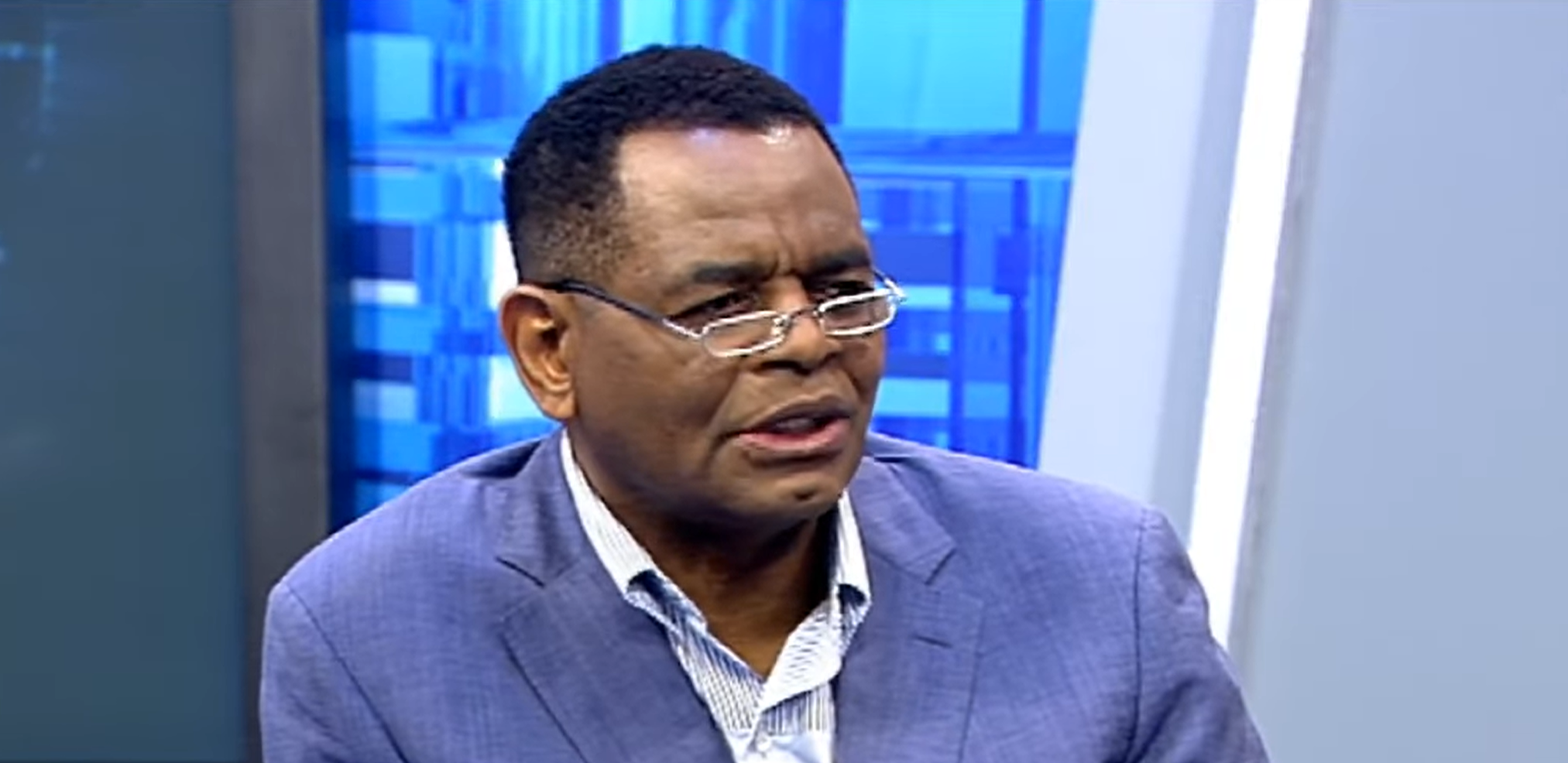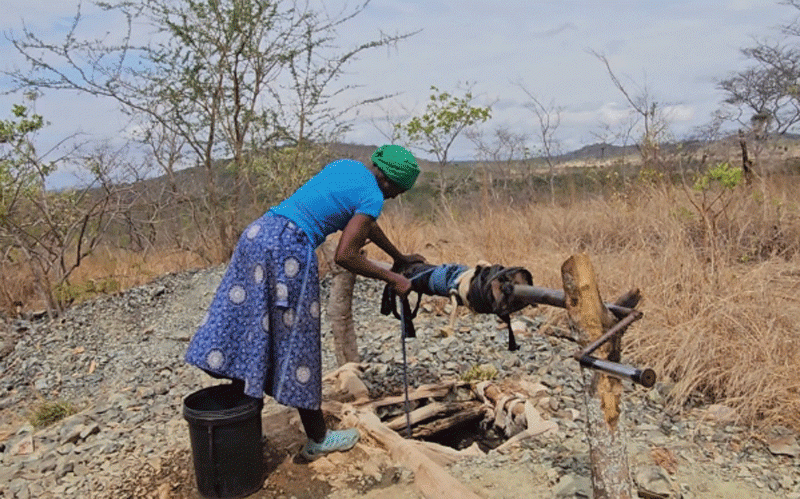
By Blessing Mandabva
Covid-19 has altered the totality of cultures and its social institutions. perhaps when the pandemic is dealt with, traditional and religious leaders will need to go back to the drawing board to ascertain what cultural traits have been lost or gained due to covid-19. Since change is inevitable, cultural dynamics of any society cannot be excluded be it in form of addition or subtraction. Of particular note are the customs and traditions on the funeral rites done on pre burial, burial and after-burial.
The body of the deceased in our culture is supposed to lie in state at home. Church choirs, musical groups, masahwira and the community come for an all-night vigil at the home of the deceased. It is an obligation for those remaining behind to honour the wishes of the dead. It’s a time of celebration, through music, drama and dancing, but also a time of mourning. Sadly, bodies are now taken from the mortuary and straight for burial.
Many church funeral rites have become online as a stop gap to avoid physical interaction.
“There is also a consideration for the body to be brought home, physically and spiritually. For those who die in urban areas, a process of ‘fetching the spirit’ occurs before the deceased is transported back to his place of origin,” said Handinahama Mutandi, a traditionalist.
According to Mutandi, there is always a woman who will be sitting next to the deceased coffin. This woman signifies the mother of the deceased; it can be a woman who shares the same totem with the mother of the deceased.
“As a mother, she would have marked the beginning of life of her child and marked the end of her child. Its rather unfortunate that this aspect has been abandoned on covid deaths”, said sekuru Mutandi.
Words like rest in peace, can you look after us and many others will be said to the deceased with the hope that he or she will be hearing the remaining.
- Chamisa under fire over US$120K donation
- Mavhunga puts DeMbare into Chibuku quarterfinals
- Pension funds bet on Cabora Bassa oilfields
- Councils defy govt fire tender directive
Keep Reading
Some cultures bury their dead close to provide guidance to the living. Some religions consecrate special ground to bury the dead, and some families build private family cemeteries.
According to the president of the Zimbabwe Traditional Healers Assocoation (Zinatha) George Kandiero, the place and choice of burial are culturally determined in the sense that there is a key part of both Ndebele and Shona rituals which is some sort of “bringing home” ceremony, (umbuyiso in IsiNdebele, or kugadzira or kurova guva in Shona). This involves returning the spirit of the deceased back into the family home a year or more after death, to become protecting ancestors.
According to Kandiero, when burials are not culturally determined there are remedies to that effect after the pandemic is gone. In his submissions he said: “Failure to perform these specific rituals to return the spirits of the dead buried elsewhere as a result wars, natural disasters and pandemics would anger and trouble the spirits and in turn precipitate great personal or family misfortune. As traditionalists we recommend reburial of actual remains or merely the symbolic return of soil from graves elsewhere when the pandemic is gone.”
Mutandi Sibanda, Zinatha secretary for education and culture specialist in herbal medicine and spiritual healing, subscribed to the notion that washing and dressing the deceased body in most cases is now being overlooked especially on Covid-19 bodies.
“When a person dies and is prepared for burial, all of his body is washed in the same way as a living person washes his body and getting dressed to remove the state of ritual uncleanness,” Mutandi Sibanda said.
“Death marks the end of our life on earth and the beginning of another leading to the hereafter. The departure from this life is thus marked by washing of the body which is an act of symbolic purification.
“Therefore, the symbolic gesture of purification is useful because it marks the end of a stage wherein purification is necessary before any act of worship. It signifies that one is approaching the next stage without any lingering impurity.“
According to Mutandi Sibanda , viewing the body is believed to be a fundamental part of coming to terms with the death of another human, across cultures throughout time.
“Physically seeing the body marks the end of the physical in order to begin a new spiritual relationship hence ignoring invites mishaps,” he said.
United Methodist church pastor John Makaniko said body viewing is done to pay last respects, hence it can be suspended. He, therefore, encouraged Christians to do their best to their loved one and each other while they are alive than wait for the funeral.
“It was a necessity especially to the bereaved families to bring closure of the demise faced by deceased”, said Makaniko.
In most rural areas there are stipulated times for burials depending on culture and place. A traditional leader helps the family choose an appropriate burial date, time and many other cultural aspects to be done. In some areas when graves are dug, it therefore means burial must take place the same day.
It was a bad experience for Peter Garanewako from Marira village in Mutasa district, Manicaland province, who lost his father to Covid-19. His nightmare started upon collecting the deceased’s body from funeral parlour where they were told to wait while they were serving those within Harare.
“We were finally served around 3pm and proceeded to travel to Mutasa for burial. Burial started at 9pm and ended around 11pm midnight. There was no body viewing and other funeral rituals, only two relatives went in for body identification. We thank the videographer who showed us a video and photos our father lying effortless to bring closure of our father’s demise,” Garanewako said.
Kandiero said the post-burial ritual (kurova gata) has suffered a lot due to its nature that involve the gathering of almost the family. The ritual is done to ascertain the cause of death of a loved one through traditional healers or sangomas.
In some cases the deceased can have two post-mortems, the spiritual one and the physical one.
According to Kandiero these gatherings can be postponed and done at some later stage once the pandemic is gone.
John Makaniko said funeral rites and rituals are both religiously and culturally based.
“In times of crisis most of these rituals are suspended. Even in biblical times, burial during crisis were not ritualised as subscribed by 2 Kings 13:21, which states that while the Israelites were burying a man and suddenly saw raiders coming they hastily throw the body into Elisha’s grave and fled. Desperate situations call for desperate measures,” he said.
“However, people should not be tied up and conformed to the worldly traditions that will put them and their lives and faith at risk.
“One of it is preserving the sanctity of life which can be achieved by observing the world health standard practices such as masking up, social distancing, sanitizing, getting tested and getting vaccinated.”
There remains a need for co-ordinated responses between public health experts, traditional leaders and religious leaders.
Communities should also be encouraged to embrace technology in the form of online ceremonies and other such activities to avoid in-person gatherings.
The identification and addition of cultural parameters in the national Covid-19 measures, even as an afterthought, are important in the development of an effective pandemic control policy.
- For feedback, email: [email protected]










